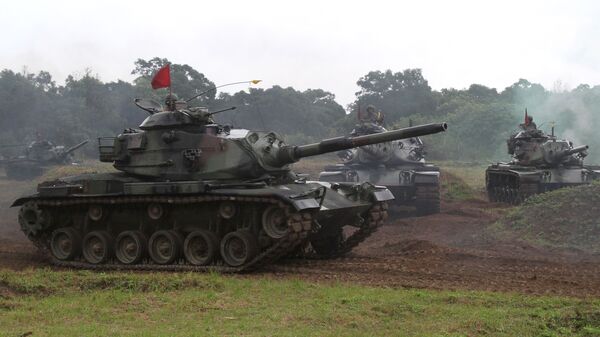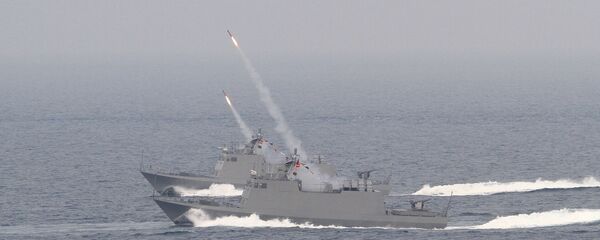The Taiwanese Foreign Ministry and the Mainland Affairs Council have both expressed gratitude to American leaders who have been pushing for the arms deal. "Our President Tsai Ing-wen has many times called on the US side to supply appropriate arms for Taiwan in an effort to maintain cross-strait and regional stability," replied Chiu Chui-cheng, vice-chair of the Mainland Affairs Council, in a statement. "It is the obligation for both sides of the Taiwan Strait to maintain cross-strait and regional stability and we hope Beijing can seek to resolve our disputes through dialogue."
The legislator spearheading the expediting of the sale is Chair of the House Foreign Affairs Committee Ed Royce (R-CA), who chastised the White House for delaying arms sales to Taiwan. "I remain concerned about successive administrations" delays in arms sales notification for Taiwan, which have needlessly dragged out the arms sales process," said Royce on Thursday.
US officials told Reuters in March that President Donald Trump was orchestrating a major arms sale to Taiwan, including advanced rocket systems and anti-ship missiles. It may exceed the $1.8 billion deal former President Barack Obama inked with Taiwanese leadership in December 2015.
In total, the Obama administration sold $14 billion worth of weapons to the Taiwanese, compared to about $30 billion under the preceding Bush administration and about $18 billion under Bill Clinton.
But the White House itself has been tight-lipped about such a deal, with leaders offering assurances and supportive remarks but little in the way of concrete details. Both Secretary of State Rex Tillerson and Secretary of Defense James Mattis have expressed the American commitment to a defense relationship with Taiwan in recent weeks, but offered not much besides that.
Ted Yoho (R-FL), chairman of the House Subcommittee on Asia and the Pacific, claimed that the arms deal was in the pipeline but many different sales were being bundled together, instead of numerous interspersed sales over a longer period of time.
"The arms sales process has become a political calculation designed to minimize friction with [China]," he said on Thursday. "Not only does this concede to Beijing a degree of influence over our arms sales process, it seems to contravene President Reagan's assurance that the PRC would not be consulted on arms sales to Taiwan."
Ranking Member of the House Subcommittee on Asia and the Pacific Brad Sherman (D-CA) disagreed with the Republicans. "Taiwan will not be used as a bargaining chip with China," he said, warning that it could unduly harm the American relationship with Beijing.
With the relationship between Beijing and Taipei worse than it's been since the mid-90s, Taiwanese authorities seem eager to strengthen their defense network as well as their ties with Washington. Beijing sent a clear message earlier in June when the Central American nation of Panama announced that they would be recognizing the People's Republic of China, not the Republic of China (Taiwan), as the legitimate government of China. In December 2016, the African nation of São Tomé and Príncipe did the same.
Under mainland policy, nations cannot maintain diplomatic relationships with both Chinas, as the PRC considers the ROC to be a rogue province and not an independent nation. Only a handful of smaller countries such as Burkina Faso and Guatemala have a formal diplomatic relationship with Taiwan as a result.
After several years of thaw, Beijing suspended talks in May after Taiwan elected Tsai Ing-Wen to the presidency, a pro-independence candidate who refuses to publicly claim that Taiwan and China are one nation, as previous administrations did to begin the talks in the early 1990s.





